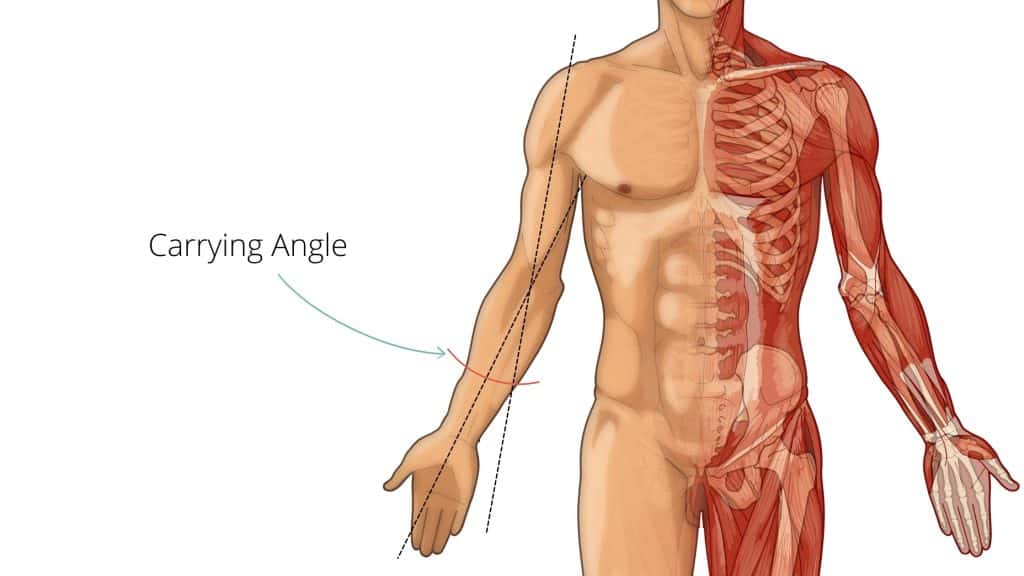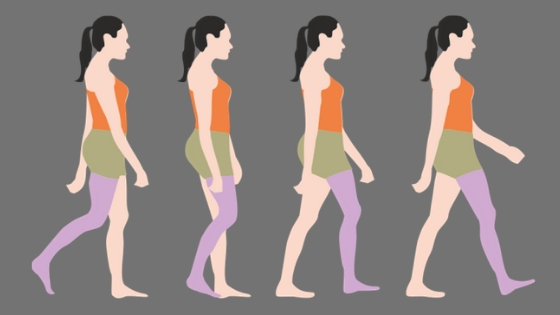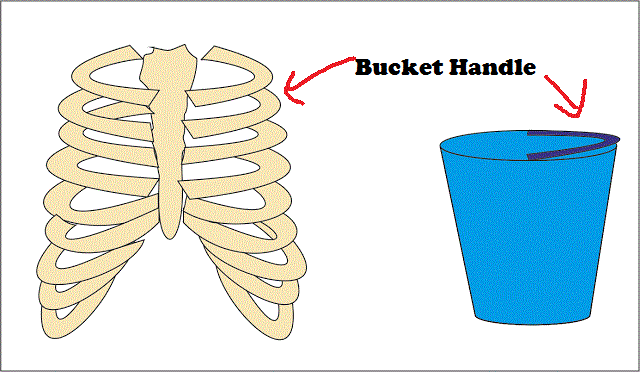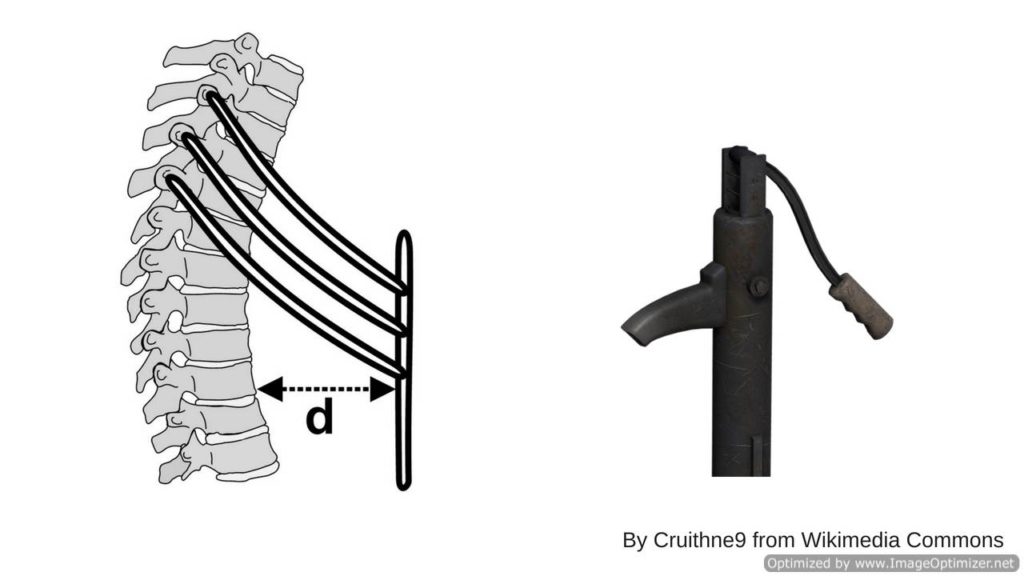
Do you know, we can significantly reduce the risk of heart disease by eating more nuts and seeds according to a recent study? We all must be aware that cardiovascular health is essential for a long and healthy life, but for us, it can be difficult to know which dietary habits will be best for this. Recent research1 suggests that incorporating more nuts and seeds into your diet may be a simple and effective way to reduce your risk of heart-related.
In the era Post COVID-19 infections, according to a study, there is a sharp increase in cases of heart attack in COVID-infected persons, this new study can help improve our health by modifying our diet. In this article, we’ll take a closer look at the evidence behind this claim, exploring the research question, methodology, findings, and potential mechanisms involved. We’ll also discuss the practical implications of this research in life.
Table of Contents
Can nut & seed consumption reduce risk of heart disease & type 2 diabetes?
According to the author of this scientific paper, scientists already knew that frequent consumption of nuts (more than 4 servings per week) was associated with a lower risk of fatal coronary heart disease and myocardial infarction. Subsequent studies also found that eating walnuts or almonds resulted in significant reductions in total and LDL-cholesterol (bad cholesterol). Bad cholesterol is responsible for developing atherosclerosis which blocks the blood supply to the heart muscle leading to coronary heart disease and even heart attack.
The author also marked that other large studies from the USA also supported the benefits of consuming nuts for cardiometabolic health. In 2003, the US Food and Drug Association approved a qualified health claim stating that consuming 42 g/day of nuts can reduce the risk of heart disease. Even, the European Union approved that walnut consumption improved endothelium-dependent vasodilation.
However, the present research paper published in the journal Food & Nutrition Research researchers were looking for the answer to whether the regular consumption of nuts and seeds can be associated with reduced risk of death due to heart disease, and type 2 diabetes and their risk factors.
For this, the Scandinavian scientists searched multiple databases and selected studies and randomized controlled trials that involved nearly 2 million participants who were adults from the general population. The study was shortlisted based on the participant’s interest in consuming the nuts and seeds culinary practice rather than a strict botanical definition.
They were looking for the following outcome of the studies and analyzed the data in detail and assessed the quality of the studies in duplicate:
- Incidence and related death due to heart disease (coronary heart disease) and type 2 diabetes.
- Related factors like cholesterol, blood pressure, and blood sugar.
This study reviewed both observational and intervention studies and found that there is evidence to suggest that higher consumption of nuts and seeds is associated with a lower risk of cardiovascular disease.
Findings: Lower Risk of heart disease, related death among high consumers of nuts and seeds
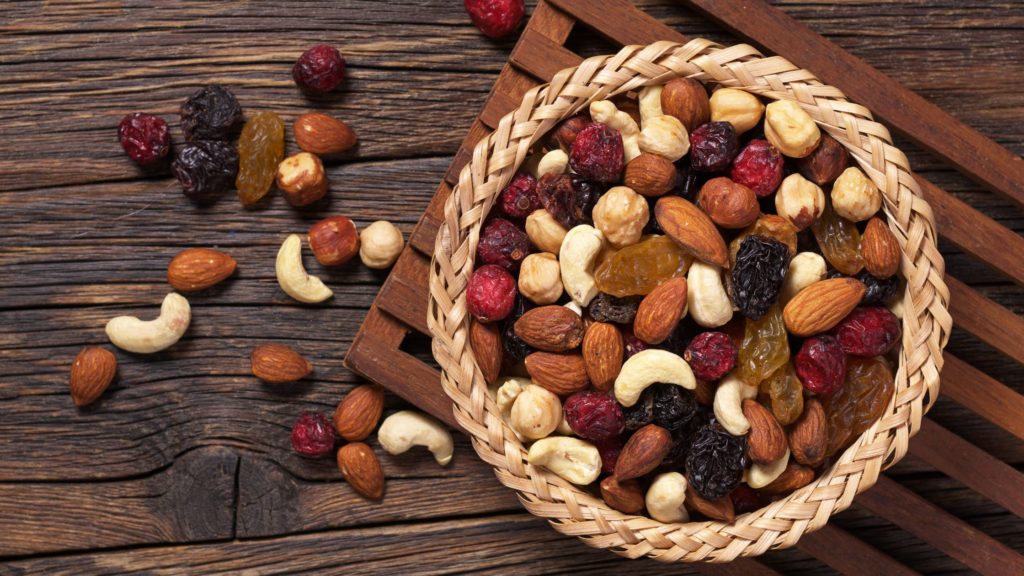
The findings of the study help us clears the confusion regarding which diet would benefit our cardiovascular health. One of the most encouraging findings of this research is that there was a 19% lower risk of overall cardiovascular disease who ate nuts and seeds regularly. Not only this, the study revealed that there was a 23% lower risk of death due to cardiovascular disease among people who consume nuts and seeds in their diet.
It is encouraging that studies linked the consumption of peanuts to lowering the risk of heart disease as peanuts are affordable and easily available.
However, the study also acknowledged that there is not enough evidence to conclude the effect of nut consumption on the risk of stroke and type 2 diabetes. Additionally, there were inconsistent findings on fasting blood glucose, HbA1c and insulin resistance. Also, the study did not find significant effects of this diet on blood pressure.
Why nuts & seeds have a positive effect on health
The present study reveals that nuts and seed consumption lower the risk of cardiovascular disease, but what‘s the mechanism behind it? Several reviews have already explained the cholesterol-lowering effects of nuts which is very important for cardiovascular health. This is partly due to their low saturated fat content and the presence of other nutrients, such as fibre and polyphenols. Nuts also contain phytosterols, which reduce cholesterol absorption.
Some studies suggest that pistachios and almonds, which have high concentrations of phytosterols, have particularly beneficial effects on LDL cholesterol.
How we can practically apply this
Overall, the research suggests that incorporating more nuts and seeds into your diet can have significant benefits for your cardiovascular health. While the evidence is strongest for a reduced risk of coronary heart disease and mortality, there are also potential benefits for cholesterol levels and other related factors. However, your lifestyle can have tremendous effects on the positive outcome of this dietary change. Having said this, we would strongly recommend leading an active lifestyle like brisk walking that is equally beneficial for heart health.
Of course, as with any dietary change, it’s important to consider your individual needs and preferences, and to work with a healthcare provider or nutritionist if you have any concerns. That said, by choosing to snack on nuts, sprinkle seeds on your salads or smoothies, or incorporate these ingredients into your favourite recipes, you may be taking a simple and tasty step towards better heart health.
Keep Reading: Depression Eases By Consuming Dark Chocolate|Study

